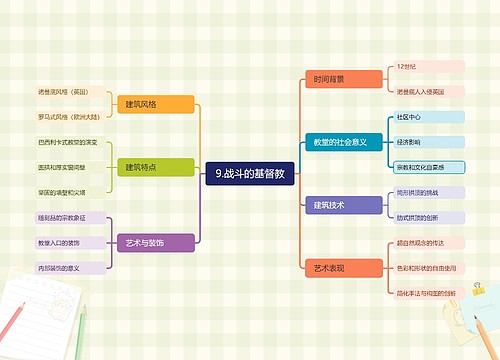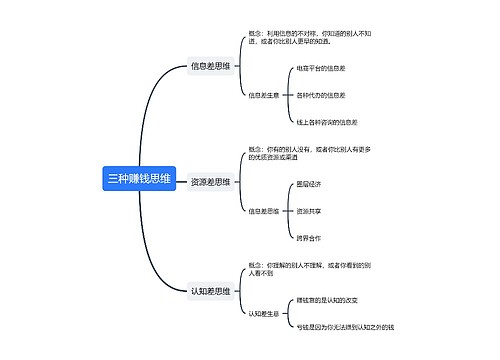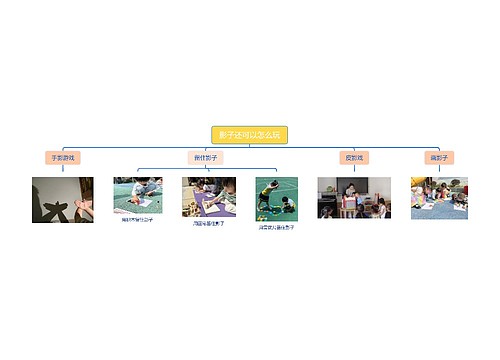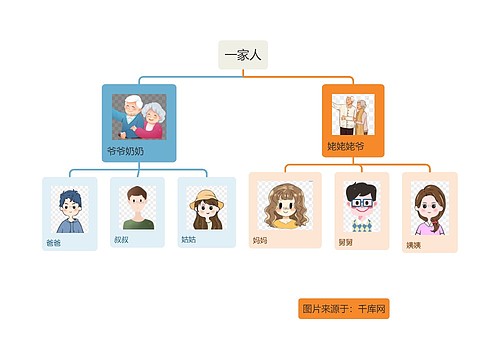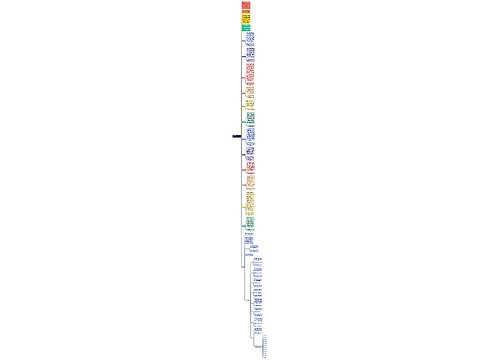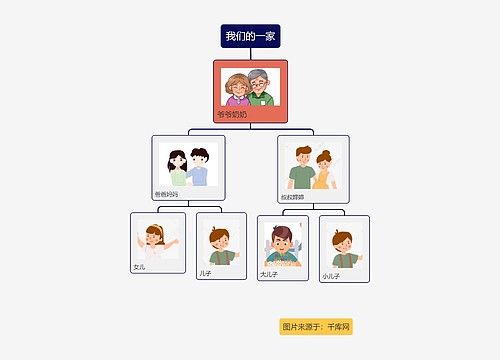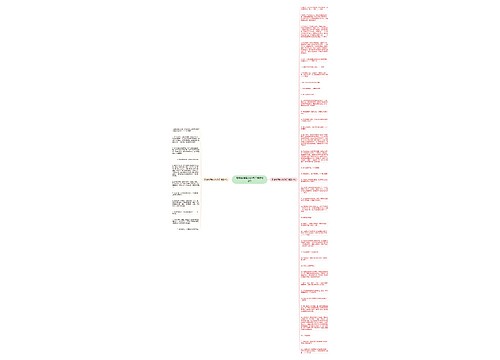2. You’re nothing to me. 你对我什么都不是。
3. 句子类型TypesofSentences;SentenceTypes;sentencetype;sentencepattern
5. It includes 6 chapters : Comparisons, Relatives , Negatives , Subjunctive Mood , Inversion, and Exercises.
8. You’re a pain in the ass. 你这讨厌鬼。
10. But drill is boring, especially repeating the pattern.
11. name作名词的基本意思是"名字,名称",可以是人的名字,也可以是动物、事物或地方的名称,是可数名词。
12. 句子重组Jumbledsentences;ScrambledSentences;SentenceReconstruction
13. You’re impossible. 你真不可救药。
14. The English sentence structure is sometimes awkward for the Chinese - speaking people.
15. You’re a jerk! 你是个废物/混球!
16. Who do you think you are? 你以为你是谁?
17. You piss me off. 你气死我了。
18. PP and Where. Then try to answer them in our own words.
19. Give me a break. 饶了我吧。
20. You’re an xxx. 你这缺德鬼。
21. 作名词意思有句子;判决。作及物动词意思有宣判;判决。
23. Get over yourself. 别自以为是。
25. 句子分类ClassificationofSentences;Icture;SentenceClassification;
29. Get off my back. 少跟我罗嗦。
31. What were you thinking? 你脑子进水啊?
33. You asked for it. 你自找的。
34. Look at this mess! 看看这烂摊子!
35. We had better learn by heart as many sentence patterns as we can.
38. Note : Americans often make excuses with this sentence pattern.
42. It’s none of your business. 关你屁事!
44. Each step shows the sentential form.
45. talk,英 [tɔ:k] 美 [tɔk]
46. You have a lot of nerve. 脸皮真厚。
48. 句子辨认SentenceRecognition
51. I sometimes make mistakes in sentence structure when I write.
54. 其英式读法是['sentəns];美式读法是['sentəns]。
55. Mind your own business! 管好你自己的事!
56. sentences是sentence的复数形式。
57. See page 20 ( verb pattern 13 ).
58. I can see only with great difficulty, if at all.
59. You’ve gone too far! 你太过分了!
61. This syntactic pattern established itself very rapidly in Britain in the early nineteen - fifties.
63. name可作定语修饰其他名词,意为"有名的,名声卓著的"。
64. Don’t nag me! 别在我面前唠叨!
65. That’s what you think! 那才是你脑子里想的!
66. sentence英[ˈsentəns]美[ˈsɛntəns]n.句子;宣判;vt.宣判,判决;[例句]T.他们因参与这起刺杀已经开始在xxx服刑了。[其他]第三人称单数:sentences复数:sentences现在分词:sentencing过去式:sentenced过去分词:sentenced
69. later,英 [ˈleɪtə(r)] 美 [ˈletɚ]
73. Can’t you do anything right? 成事不足,败事有余。
74. Take a hike! 哪儿凉快哪儿歇着去吧。
75. 句子填充TheSentenceCompletionQuestion
77. 单词于13世纪晚期进入英语,直接源自古法语的sentence;最初源自古典拉丁语的sententia,意为思想,意思。
78. How can you say that? 你怎么可以这样说?
82. 知觉是一系列组织并解释外界客体和事件的产生的感觉信息的加工过程。换句话说,知觉是客观事物直接作用于感官而在头脑中产生的对事物整体的认识。知觉有这样几个特性:整体性、恒常性、意义...
84. You are out of your mind. 你脑子有毛病!
85. name用作动词时意思是"给…取名""说出…的名字",引申可指"提名,任命",还可指"列举"。
86. I don’t want to see your face! 我不愿再见到你!
87. I can’t take it anymore. 我受不了了!
88. Get out of my face. 从我面前消失!
89. English,英 [ˈɪŋglɪʃ] 美 [ˈɪŋɡlɪʃ]
91. sentence[sen·tence||'sentns/'sentəns]n.句子;课刑;判决,宣判;命题v.宣判;使遭受;判决
92. You can speak in discreteand strings of sentences on topics.
93. 改进句子ImprovingSentences
97. There are actually seven types of basic English sentences.
99. To the world you may be one person, but to one person you may be the world.对于。 because you never know who is falling in love with your smile.纵然伤心,也不要愁眉。
100. How many sentence patterns have you learnt this week?
103. 第三人称单数:sentences现在分词:sentencing过去分词:sentenced过去式:sentenced
104. Formalism and functionalism are two rival approaches to grammar study.
105. 英语句子Englishsentences;EnglishSentenceWriting;englishsentence;englishclauses
106. I’ve had enough of your garbage. 我听腻了你的废话。
107. Don’t give me your shoot. 别跟我胡扯。
108. name作"名声,名誉"解时,一般指社会对人或某事物的评价,是单数名词,可与不定冠词a连用。

 U633687664
U633687664
 U582679646
U582679646